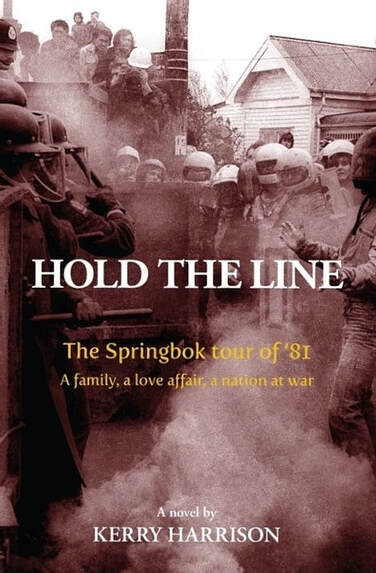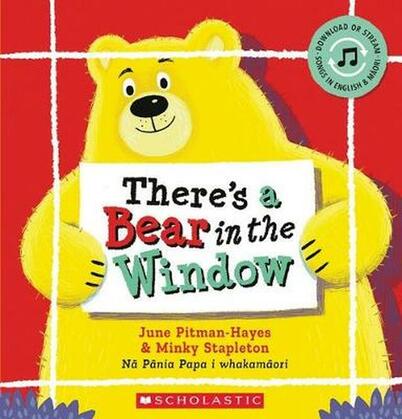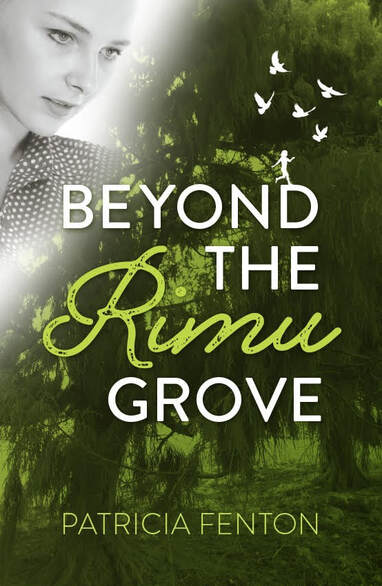
by Kerry Harrison
This novel, in 216 pages and 93,400 words, of the 1981 Springbok rugby team’s tour of New Zealand is a faithful representation of a time in our history when division conquered unity, when motives were more chaotic than considered, when coercion was the first weapon of both sides and when compassion wilted in the face of hard-line cynicism.
The major characters are rugby-playing policeman Viktor and law student Beth. Both are recently returned from OE; Viktor in Sydney and Beth in the UK. Both juggle law studies with jobs, both are alienated from their families to some extent and both reflect on the NZ they see on their return from experiencing other cultures.
Beyond that, though, they differ in that Viktor is a ‘hold the line’ team man who sees things very much in black and white — lawbreakers are lawbreakers regardless of their motives, while Beth, daughter of a ‘typical housewife’ and an ex-serviceman suffering PTSD, is presented initially as an ‘undecided’ who comes to adopt anti-tour views through her experiences of police responses to protestor attempts to stop games.
While each is reasonably well-drawn, inconsistencies persist. Even though lauded as ‘a gifted player’, Viktor can apparently not catch a ball without falling over because he looks for his girlfriend in preference to concentrating on the game; while Beth, a person to whom it ‘doesn’t come easy to be part of any group’ had no hesitation in becoming a badged member of the CND movement while temporarily resident in another culture. Beyond a hint of attempted suicide, we do not discover why she ended her relationship with the Englishman Sam, who was apparently the love of her life.
It is tempting to see other characters — Beth’s friend Chrissy and her brother Rob, Viktor’s friends Salesi and Stu, his dead brother Luka — as having been added to complement the main characters, because their involvement merely dilutes what might have been a powerful story of loyalties divided on levels national (police vs protestors), regional (rural vs urban) and personal (Viktor’s involvement with two women).
Harrison is, however, at her very best in description of landscapes and natural scenes, and some of her depictions of Auckland, both by day and by night, are breathtakingly indicative of her ability to observe with the eye of an artist. This is also the case in her comparisons of workaday life in London with Auckland, and the ring of familiarity is resoundingly present.
One or two points do grate, however: rugby matches do not commence at 4pm in the New Zealand winter; there were no New Zealand soldiers at Dunkirk, and how the rhododendron Baz planted became a camellia as he walked away from it must constitute a horticultural miracle.
Of more importance in revealing attitude, however, is the assertion that “ . . .the tour turned a spotlight on . . . the divisive politics of (R.D.) Muldoon. He was voted out by a large majority in the next election.” In fact, R.D. Muldoon won the 1981 election and National governed until 1984, when quite other factors contributed to its self-immolation.
However, and above the sound of the axes that continue to be ground even today over the primacy of the rule of law over direct action, much of what Harrison says both through her characters and directly is correct, viz “Viktor (was) sure....the movement has long gone beyond the democratic right to protest” and this was exemplified in the takeover of Patu Squad by anti-social elements. Again, her description of Viktor’s reaction to the ambivalence of the violence dished out by both protestors and police on page 205 goes a long way to summing up the futility of the whole sorry mess that was the 1981 Springbok tour.
Author: Kerry Harrison
Publisher: Cloud Ink Pres
ISBN: 9780473559465
RRP: $29.99
Available: paper: bookshops





 RSS Feed
RSS Feed
